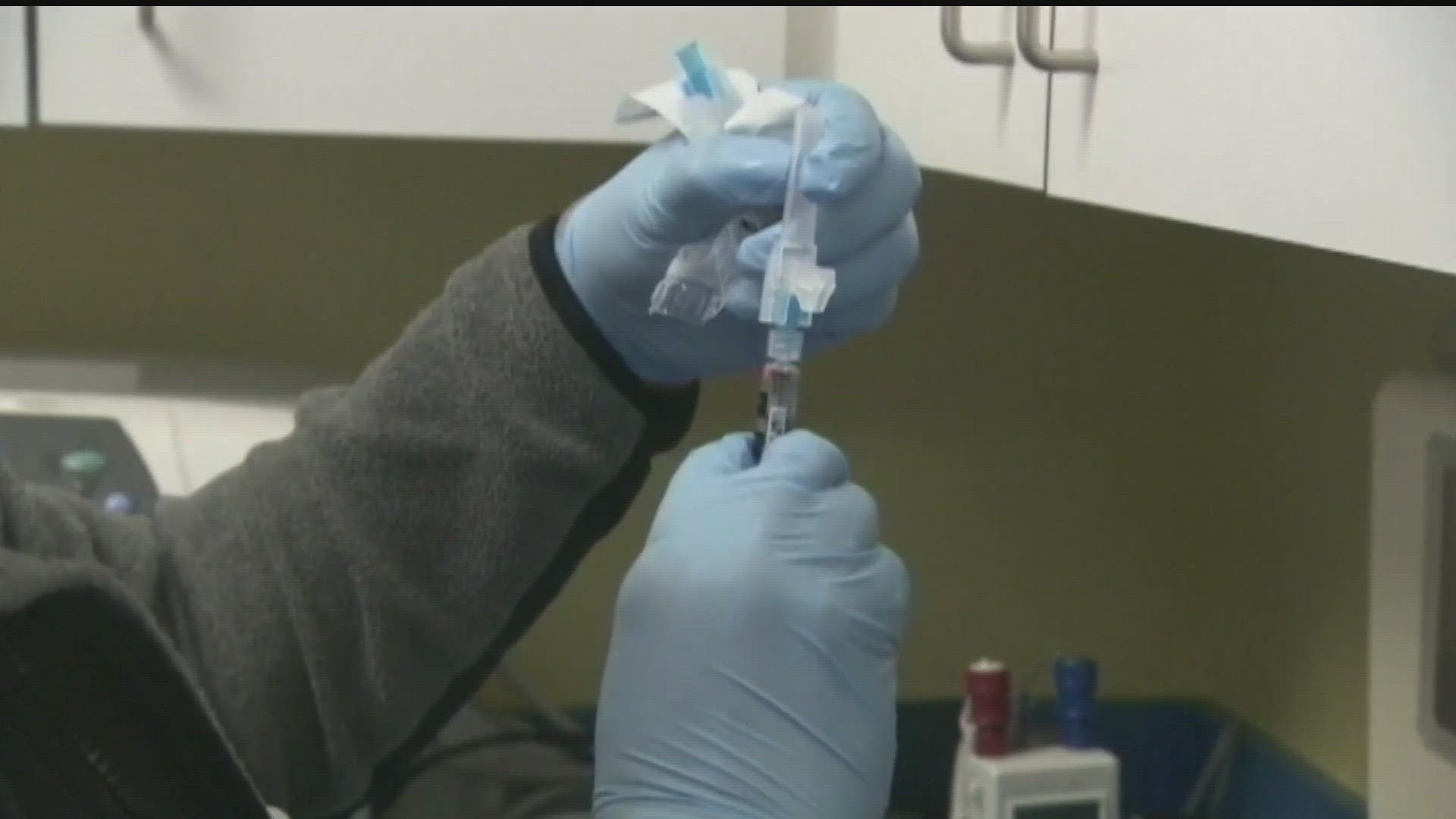MINNEAPOLIS — The Center for Infectious Disease Research and Policy at the U of M introduced a new roadmap to advance the development of future coronavirus vaccines.
Today’s discussion with infectious disease experts from across the world comes on the heels of the recent announcement by The White House of a new $5 billion program to accelerate coronavirus vaccines – called the Next Gen Initiative.
They say the goal is to develop vaccines that are more effective, broadly protective and longer lasting, and that can be distributed, stored, and used worldwide.
Lead infectious disease expert, Dr. Michael Osterholm says it’s an ongoing effort that started in February and will be updated annually.
"I've been writing about and concerned about pandemics dating back to the 1990s," said Dr. Micheal Osterholm, infectious disease expert, and CIDRAP Director.
Dr. Osterholm is now leading the latest effort.
"It was exactly a year and a half ago I kept thinking about what we were experiencing with the COVID-19 pandemic and the fact that we had concerns about a really good vaccine saving millions of lives, but not what we hoped we would have in terms of durability to respond to different variants, avoiding immune evasion," he said.
Now, with more than 50 experts contributing research from across the globe, the new road map hopes to be a game changer when it comes to the future of vaccines.
"We've learned a lot over the last several years. But there are gaps in our knowledge," said Dr. Dan Barouch, the Director at the Center for Virology and Vaccine Research at Beth Israel Deconness Medical Center.
"We know that there could be future COVID-19 viruses that emerge, that cause even more challenging viruses that emerge, ones that could cause more challenging pandemics," said Dr. Osterholm. "It's critical that we prepare our world for these possibilities."
Experts say there are still a few challenges, including inequities in global availability/access and an underwhelming uptake of boosters.
"One of the challenges in the early days, after initial antibody responses, first two months of protection, we gave the public the sense this is a two-shot, in and out deal, and we lose a little credibility," said Dr. Osterholm. "The rapidly waning immunity leads to treatment boosting which is logistically difficult and largely unpopular," said Dr. Barouch.
The ultimate goal, experts say, is to speed up the development of durable coronavirus vaccines that reduce severe illness and death, mitigate the impact and can be accessed in regions across the world.
"I always say fighting viruses is like fighting a common enemy, so we have to cross borders and we have to have a very transparent, international collaboration," said Dr. Linfa Wang, Professor & Director at the Emerging Infectious Diseases Program at Duke-NUS Medical School.
To view the full roadmap, visit the link here.

